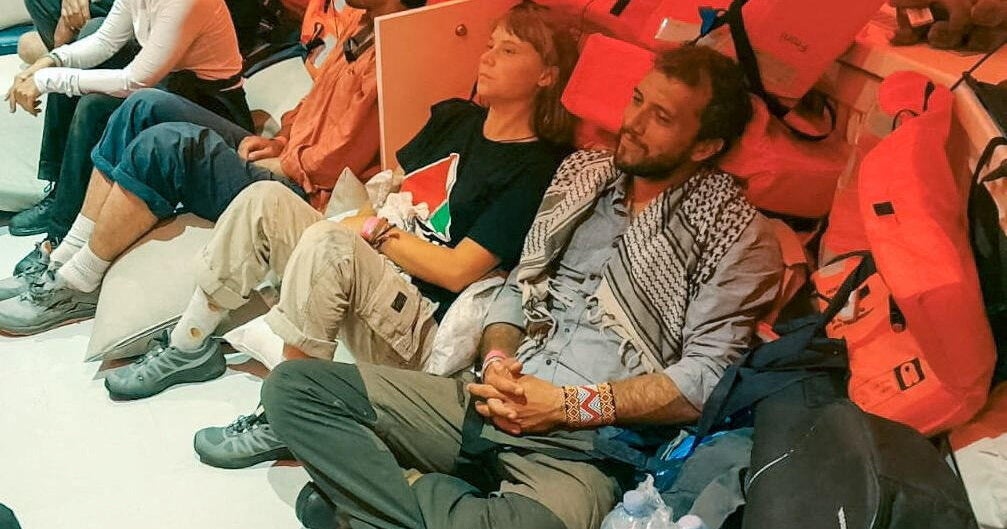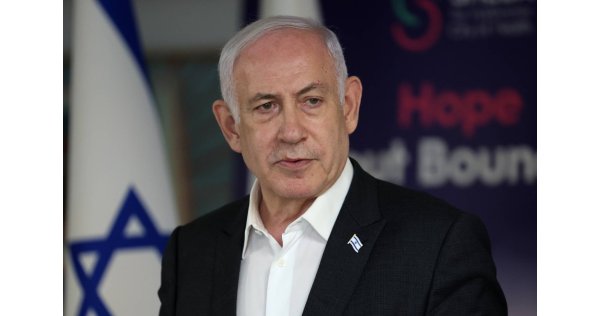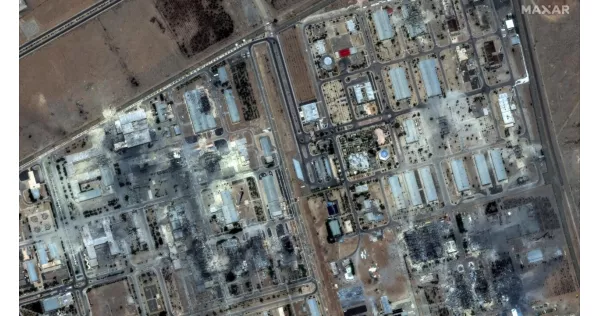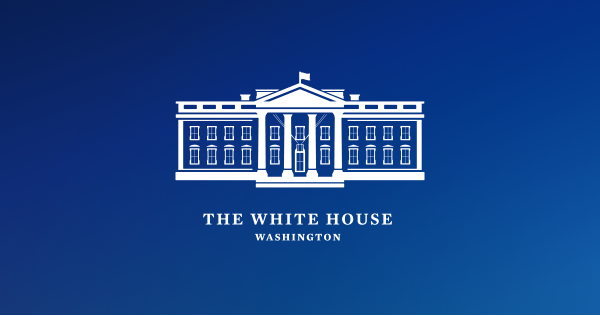Israeli Navy Intercepts Global Sumud Flotilla Attempting to Break Gaza Blockade
Dozens of Activists and European Lawmakers Detained During Naval Operation
Jerusalem — Israeli naval forces boarded the majority of vessels involved in the Global Sumud Flotilla on Thursday, detaining dozens of activists along with several European lawmakers. The flotilla was attempting to breach Israel’s blockade of Gaza, an effort that drew widespread international condemnation. According to the organizers, one boat managed to continue sailing but halted near Gaza’s coast on Thursday morning before all contact was lost.
The flotilla organizers reported that 39 boats were intercepted or presumed intercepted after communication with the activists ceased during an Israeli operation that began the previous night. Israel’s Foreign Ministry confirmed that the activists, including Swedish climate activist Greta Thunberg, were safe and were being transferred to Israel. A social media statement from the ministry assured that the activists and their vessels were “making their way safely and peacefully to Israel, where their deportation procedures to Europe will begin,” emphasizing that all passengers were in good health.
Global Sumud Flotilla’s Mission and Participants
The Global Sumud Flotilla consisted of nearly 50 boats carrying approximately 500 activists. Their declared mission was to deliver a symbolic amount of humanitarian aid to Gaza, challenging the Israeli blockade. The group included notable figures such as Mandla Mandela, grandson of Nelson Mandela, former Barcelona Mayor Ada Colau, and several European lawmakers. Despite the interception, the organizers stated their determination to continue efforts to break the blockade and provide aid to Palestinians.
Details of the Naval Confrontation
Greg Stoker, an American military veteran aboard the vessel Ohwayla, described the encounter with Israeli naval forces early Thursday. He reported that about a dozen Israeli naval ships, operating with their transponders turned off, approached the flotilla. According to Stoker, the Israeli forces hailed the vessels, ordering them to shut down their engines and await further instructions, warning that failure to comply would result in seizure of the boats and consequences for the passengers.
Activists also reported that Israeli authorities used water cannons against some of the flotilla’s boats. The Israeli Foreign Ministry released video footage related to the operation, underscoring the peaceful nature of the interception and the safety of those involved.
International Reactions and Ongoing Tensions
The interception of the Global Sumud Flotilla has sparked condemnation from various international actors, highlighting the ongoing tensions surrounding the Gaza blockade. The flotilla’s attempt to deliver humanitarian aid and challenge the blockade reflects broader disputes over access and restrictions imposed by Israel on Gaza.
While Israel maintains that the blockade is necessary for security reasons, critics argue that it severely restricts the flow of goods and aid to the Palestinian population. The flotilla’s mission, though symbolic, underscores the persistent humanitarian concerns and political complexities in the region.
Conclusion
The Israeli navy’s interception of the Global Sumud Flotilla marks another chapter in the contentious efforts to challenge the Gaza blockade. With dozens of activists and lawmakers detained but reportedly unharmed, the incident has intensified international scrutiny of the blockade and the humanitarian situation in Gaza. The flotilla organizers remain resolute in their mission, signaling that similar efforts may continue despite the risks involved.




